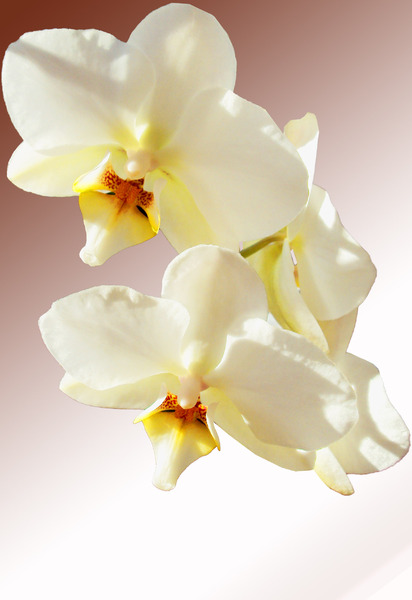Tropical houseplants are also known for their stress-relieving properties. Studies have shown that the presence of plants in indoor spaces can help to reduce stress, anxiety, and depression. The act of caring for plants can be therapeutic and grounding, allowing you to connect with nature and take a break from the demands of everyday life. The lush and vibrant foliage of tropical houseplants can also have a calming and uplifting effect, creating a peaceful and serene atmosphere in your home.
Studies have shown that the presence of houseplants can have a positive impact on mental health and well-being. Being surrounded by greenery has been linked to reduced stress levels, increased feelings of calmness and relaxation, and improved overall mood. Houseplants can also help to create a sense of connection to nature, which is especially important for city dwellers who may not have access to green spaces.
In conclusion, garden design is an art form that allows you to express your creativity and create a space that reflects your personality and enhances the beauty of your home. By carefully planning and selecting the right elements, you can create a garden that is both functional and beautiful, providing a space for relaxation, entertainment, and connection with nature. With a little bit of time, effort, and creativity, you can create your perfect outdoor oasis.
Light is a crucial factor in the growth and health of houseplants. In the UK, where natural light can be scarce, it’s important to place your plants in a location where they will receive sufficient sunlight. South-facing windows are ideal for most plants, but if natural light is limited, consider supplementing with artificial grow lights.
Overwatering is a common mistake when caring for houseplants. In the UK, where the climate is often damp and humid, it’s important to allow the soil to dry out between waterings to prevent root rot and other issues. Be sure to monitor the moisture levels of your plants regularly and adjust your watering schedule accordingly.
1. Light: Most tropical houseplants prefer bright, indirect light, as direct sunlight can scorch their leaves. Place your plants near a south or west-facing window where they can receive plenty of sunlight without being exposed to harsh rays.
Tropical houseplants are a popular choice for indoor gardening enthusiasts, as they bring a touch of exotic beauty and vibrancy to any living space. With their lush foliage, vibrant blooms, and unique shapes, tropical plants can transform a mundane room into a lush oasis. In this article, we will explore the appeal of tropical houseplants, their benefits, and tips for caring for these stunning additions to your home.
No matter what style of garden design you choose, the key is to create a space that is both functional and beautiful. By carefully planning and selecting the right plants, hardscaping features, and overall style, you can create a garden that enhances your home and provides a peaceful retreat for you and your family.
When choosing tropical houseplants for your indoor spaces, it is important to consider factors such as light levels, humidity, and temperature. Many tropical plants require bright, indirect light to thrive, so be sure to place them near a sunny window or invest in grow lights if natural light is limited. It is also important to provide adequate drainage and avoid overwatering, as tropical plants are susceptible to root rot if their roots are constantly sitting in water.
The trend of bringing the outdoors inside through the use of houseplants uk has been steadily growing in popularity in recent years. In particular, tropical houseplants have emerged as a popular choice for plant enthusiasts looking to add a touch of vibrancy and exotic beauty to their indoor spaces. These lush and vibrant plants not only add aesthetic appeal to a room but also offer a range of benefits for both physical and mental well-being.
In addition to plants, hardscaping features such as pathways, patios, and walls play an important role in garden design. These elements can provide structure and definition to the garden, as well as creating functional spaces for seating, dining, and entertainment. Hardscaping features can be made from a variety of materials, including stone, wood, concrete, and gravel, allowing you to create a unique and personalized garden design.
Plants are another important element of garden design. When selecting plants for your garden, it is important to consider factors such as climate, soil conditions, and maintenance requirements. It is also important to think about the overall style and theme of your garden, as different plants can create different moods and atmospheres.
 In addition to their air purifying abilities, tropical houseplants can also help to increase humidity levels in your home. Many tropical plants are native to humid environments and require high levels of moisture to thrive. By misting your plants regularly or placing them near a humidifier, you can create a more comfortable and healthy indoor environment, especially during the dry winter months.
In addition to their air purifying abilities, tropical houseplants can also help to increase humidity levels in your home. Many tropical plants are native to humid environments and require high levels of moisture to thrive. By misting your plants regularly or placing them near a humidifier, you can create a more comfortable and healthy indoor environment, especially during the dry winter months.